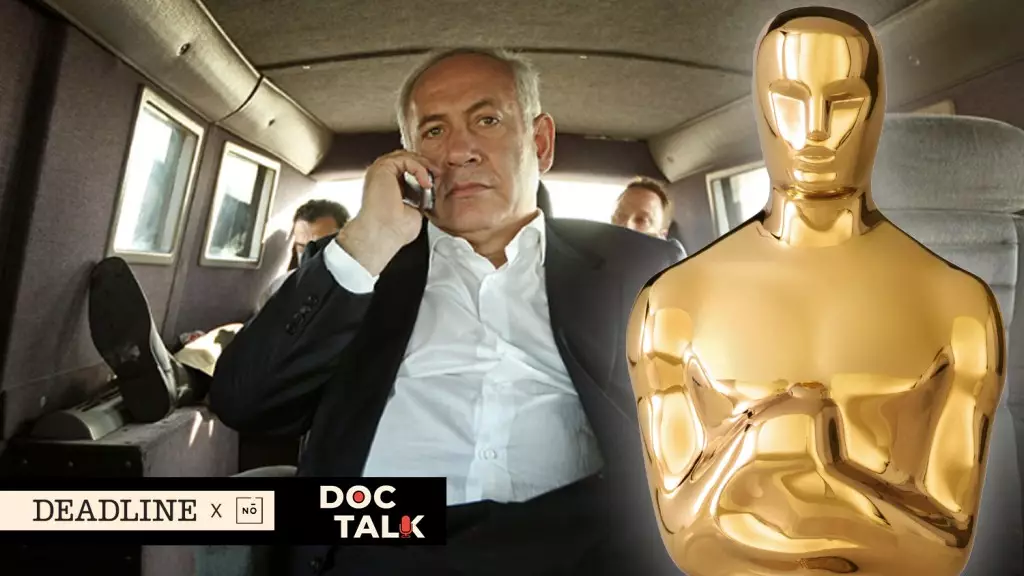The race for the Academy Awards has always been fierce, especially within the documentary category, where the creative voices often challenge societal norms and shed light on underreported issues. As of now, the long list of 169 contenders has been slashed to a mere 15 films, creating an atmosphere charged with both disappointment for many filmmakers and elation for a select few. This significant reduction underscores the brutal realities of the Oscars, where even critically celebrated work can be disregarded by the Academy’s Documentary Branch.
The decision to narrow down the nominees naturally leads to heated discussions around the most glaring omissions from the shortlist. One stunning snub involves a documentary centered on a legendary Hollywood figure who battled against personal tragedy to achieve a remarkable comeback. This absence resonates deeply within the filmmaking community, highlighting how subjective the selection process can be.
Conversely, the inclusion of films often stirs debate and intrigue. One such entry takes an unflattering look at Israeli Prime Minister Benjamin Netanyahu, sparking controversy that led to legal action against its screening at the Toronto Film Festival. Such bold storytelling challenges the status quo, raising pertinent questions about the power dynamics involved in documentary filmmaking. The film’s presence on the shortlist, despite lacking U.S. distribution, is indicative of the Academy’s willingness to embrace provocative narratives, even when they incur the wrath of political figures.
Within the backdrop of these nominations, the importance of discourse surrounding the shortlist is exemplified in a recent episode of Deadline’s Doc Talk podcast. Hosted by John Ridley, an Academy Award-winning filmmaker, and Matt Carey, the editor at Deadline focusing on documentaries, the episode unpacks the choices made by Academy members. Ridley expresses excitement about one Netflix feature making the cut while lamenting the oversight of what he considers to be the year’s crowning achievement in documentary storytelling. This juxtaposition of joy and disappointment speaks volumes to the unpredictability of awards season, where the accolades are never guaranteed, and subjective interpretations often dictate outcomes.
Additionally, the 15 short films nominated for an Oscar present a tantalizing glimpse into diverse storytelling approaches. Among these selections is a project co-directed by Rashida Jones, an actress-turned-filmmaker, alongside another by a director known for her documentary about the influential Ruth Bader Ginsburg. These individual narratives contribute to a broader tapestry of voices, ensuring that a multitude of perspectives is represented within the prestigious nominations.
The documentary category this awards season encapsulates the highs and lows of the filmmaking journey, marked by fierce competition, emotional investment, and the ever-looming unpredictability of the Academy’s decision-making processes. As industry professionals and audiences alike tune in to discussions on platforms such as podcasts, the conversation about which stories are prioritized and validated continues to evolve, reflecting a dynamic interplay between art and recognition.


Leave a Reply